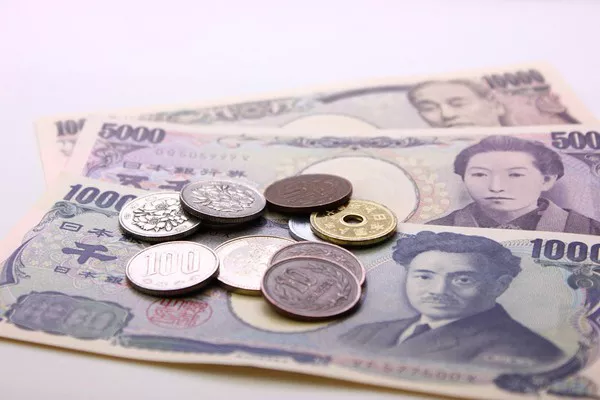The Japanese yen, a key player in the global currency market, is closely watched by investors, economists, and policymakers worldwide. Its strength or weakness can have far-reaching implications for international trade, economic growth, and financial markets. In this article, we delve into the factors that contribute to a strong or weak Japanese yen, exploring the impact on various stakeholders and the broader global economic landscape.
Defining a Strong and Weak Yen:
A strong Japanese yen refers to a situation where the currency has appreciated in value relative to other currencies. On the contrary, a weak yen implies a depreciation of the currency compared to its counterparts. The yen’s strength or weakness is often measured against major currencies like the US dollar, euro, and others.
Factors Influencing Yen Strength:
Economic Indicators:
Economic indicators, such as GDP growth, employment rates, and inflation, play a crucial role in determining the strength of the yen. A robust economy with positive indicators tends to attract foreign investment, leading to an increased demand for the yen.
Interest Rates:
Central bank policies, especially changes in interest rates, have a profound impact on the yen’s value. Higher interest rates in Japan attract foreign capital seeking better returns, leading to an appreciation of the yen.
Trade Surpluses and Deficits:
Japan’s trade balance, characterized by exports and imports, significantly influences the yen’s strength. A trade surplus, where exports exceed imports, generally results in a strong yen as foreign buyers acquire the currency to settle transactions.
Political Stability:
Political stability is a key factor in currency valuation. A stable political environment fosters investor confidence, attracting foreign capital and contributing to yen strength.
Global Risk Sentiment:
The yen is often considered a safe-haven currency. In times of global economic uncertainty or geopolitical tensions, investors tend to flock to safe-haven assets like the yen, leading to its appreciation.
Factors Contributing to Yen Weakness:
Low Interest Rates:
Persistent low interest rates, as set by the Bank of Japan, can lead to a weak yen. Investors seeking higher returns may move their funds to countries with more attractive interest rates, weakening the demand for the yen.
Trade Deficits:
A trade deficit, where imports exceed exports, can contribute to a weaker yen. This scenario may lead to increased demand for foreign currencies to pay for imports, putting downward pressure on the yen’s value.
Currency Intervention:
Japanese authorities may intervene in the foreign exchange market to influence the yen’s value. Selling yen to buy foreign currencies can help boost exports by making Japanese goods more competitively priced but can contribute to yen weakness.
Global Economic Trends:
The yen’s value is influenced by global economic trends. Economic downturns or crises in major economies may lead to a flight from the yen as investors seek higher returns elsewhere, contributing to its weakness.
Impact on Stakeholders:
Exporters and Importers:
A strong yen can benefit importers as it reduces the cost of purchasing goods and services from abroad. On the other hand, exporters may face challenges as their products become more expensive for foreign buyers. Conversely, a weak yen can boost export competitiveness but increase import costs.
Investors:
Investors holding yen-denominated assets may experience gains or losses depending on the currency’s strength or weakness. Currency traders closely monitor these fluctuations to make informed investment decisions.
Consumers:
Currency strength or weakness can affect the prices of imported goods and impact inflation levels. Consumers may experience changes in purchasing power, with a strong yen potentially leading to lower prices for imported goods.
Central Banks and Policymakers:
Central banks and policymakers in Japan closely monitor the yen’s value. They may adjust monetary policies or intervene in the foreign exchange market to achieve economic objectives, such as price stability and economic growth.
See Also: Pros & Cons of Buying Yen in Japan
Conclusion:
In conclusion, the strength or weakness of the Japanese yen is a complex interplay of various economic, political, and global factors. Understanding these dynamics is crucial for investors, businesses, and policymakers seeking to navigate the ever-changing landscape of the global economy. As the yen continues to play a significant role in international finance, staying informed about its fluctuations is essential for making sound financial decisions and shaping effective economic policies.


